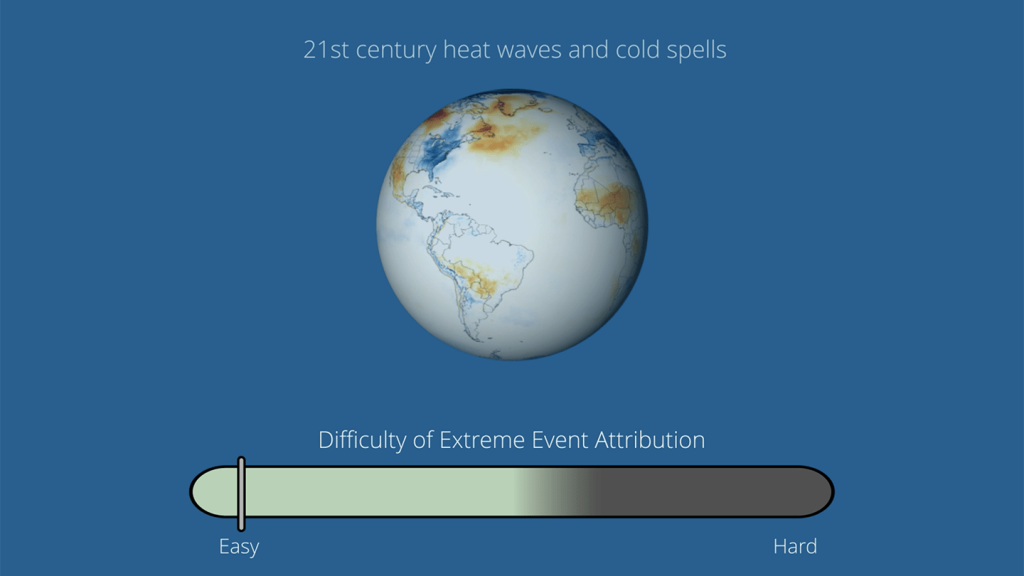Scientists utilize various techniques, collectively known as extreme event attribution, to determine the extent to which climate change is responsible for specific weather events. One approach involves comparing the current world, which has warmed by 1.2 degrees Celsius since the Industrial Revolution, to a hypothetical world without climate change. By analyzing historic trends in weather data and using climate models, researchers estimate the potential impact of climate change on these events.
Another method involves using computer models to recreate specific weather events under different conditions. For example, scientists can simulate how a hurricane would have behaved if Earth’s oceans were cooler, thereby determining the influence of global warming on the severity of the hurricane. Numerous studies have investigated the role of climate change in various natural disasters across the globe, with many concluding that these events have become more likely or severe due to climate change.
Research has shown that climate change significantly increased the risk of extreme weather events such as Hurricane Harvey’s record rainfall over Texas in 2017 and the devastating wildfires in Australia in 2019 and 2020. In some cases, scientists have even determined that certain events, like the unprecedented heat wave in Siberia in 2020, would have been nearly impossible without climate change. However, conducting attribution studies requires access to long-term weather data, realistic climate models, and a strong understanding of the physical processes driving extreme weather.
While heat waves are relatively easy to attribute to climate change due to abundant long-term temperature records and accurate temperature simulations, heavy rainfall events and tornadoes present more challenges. Limited precipitation records and difficulties in simulating these types of weather make it harder to determine the impact of climate change on these events. Additionally, wildfires are complex to link to climate change as they depend on various non-weather factors, making attribution studies more challenging in some regions.
Regions like Africa and South America lack the necessary long-term weather data and climate models for robust attribution studies on extreme weather events. Improving data collection and enhancing climate models are essential for better understanding how climate change affects weather patterns in these areas. Ultimately, this type of research not only highlights the current impact of climate change on daily life but also provides insights into the potential weather scenarios to expect as the planet continues to warm.


